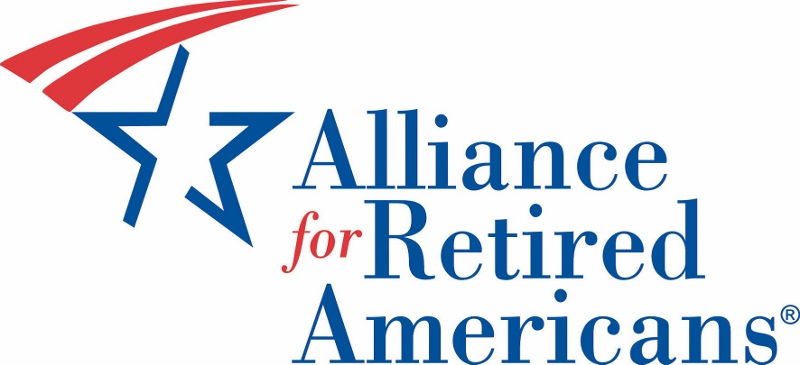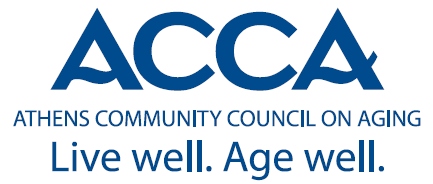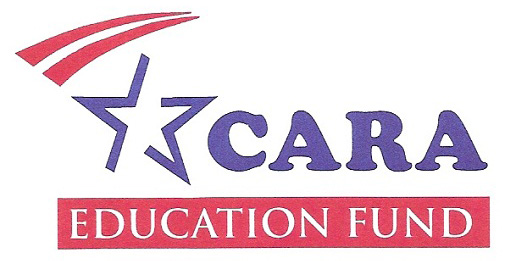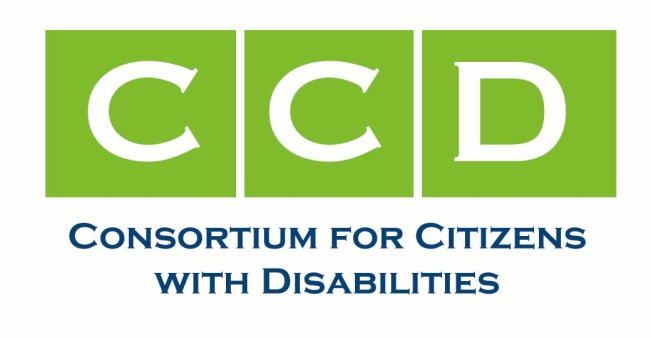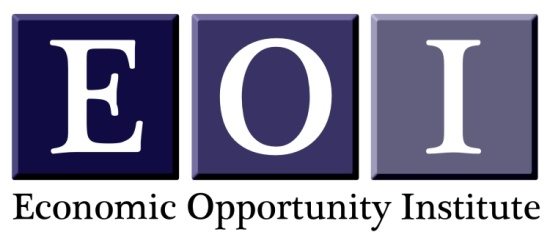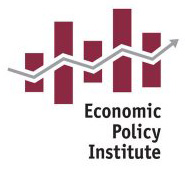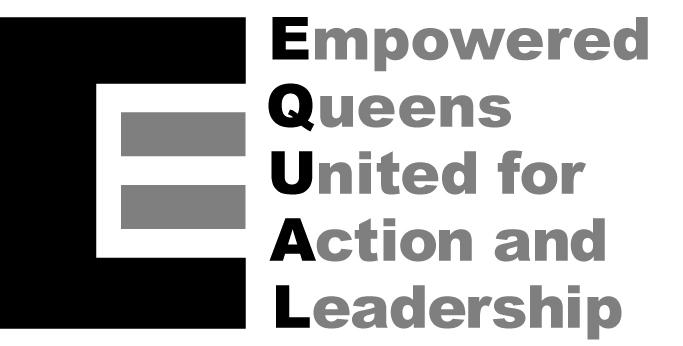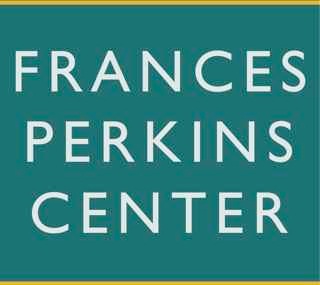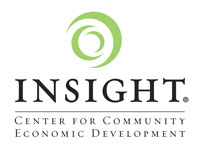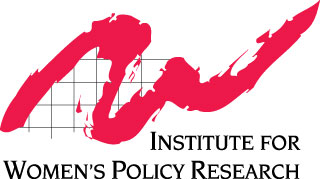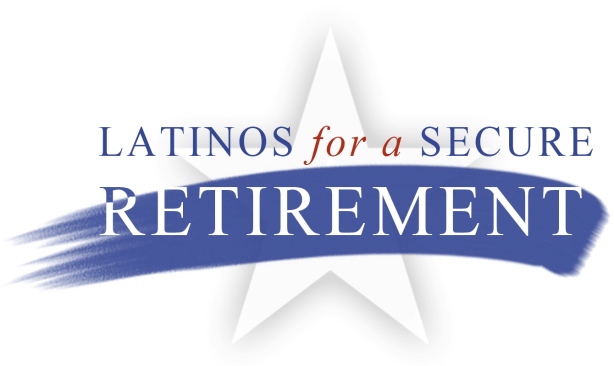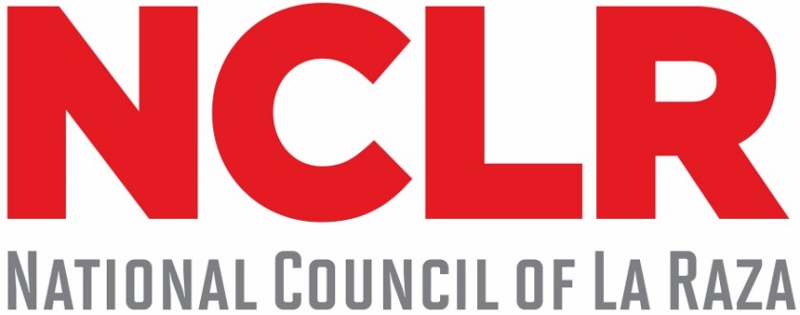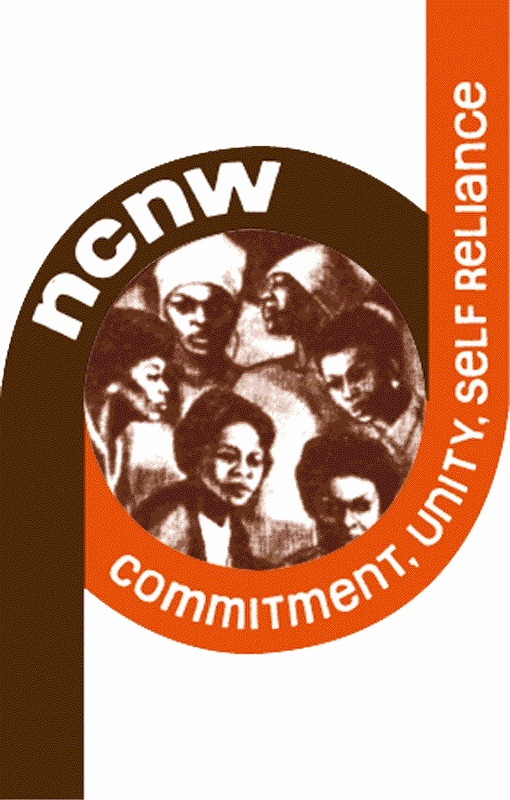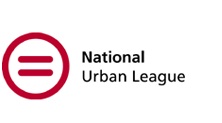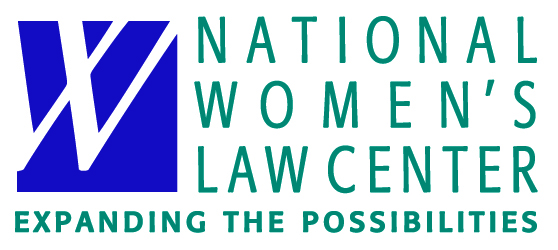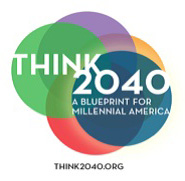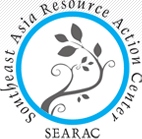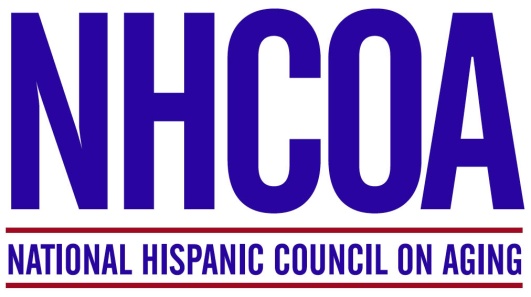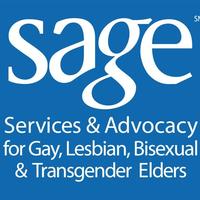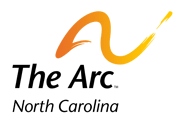By:
Published: April, 2011
With support from the Ford Foundation, the National Academy of Social Insurance (NASI) awarded funds to projects designed to educate Americans most reliant on Social Security about its role in their economic security. The purpose of the project is to support constituency building, education outside of Washington, and the development of user-friendly, research-based information on the adequacy of Social Security benefits and how these could be strengthened for vulnerable groups, including communities of color, women, people with disabilities, low-wage workers and children. In light of rising out-of-pocket medical costs, declining asset values and job losses, it is more important than ever that groups most reliant on Social Security have their voices heard in policy debates about its future.
The following infographic details some of the results of the project as it concluded in August 2012:
View the project's synthesis report – Collective Impact and Shared Success: How the Social Security education project has amplified the voices of diverse American communities in public debate – for a full description of the project's goals, accomplishments, impacts, and lessons learned.
Organizations and Projects Funded:
Alliance for Retired Americans Educational Fund
www.retiredamericans.org
Washington, DC
American Stories: The Voices and People of Social Security
This project was created by the Alliance in 2010 to spread a campaign of celebratory messages about Social Security across the country. Even with “national” themes, local and in-person activities and events are key to carrying this message to vulnerable communities and elected officials. The Alliance will utilize a variety of methods – including educational forums, social media, and community events – to educate Americans most reliant on Social Security, to build a stronger and more powerful constituency for Social Security, and to reframe the public dialogue away from insolvency to the vital importance Social Security plays in providing economic security to vulnerable communities.
Athens Community Council on Aging
www.accaging.org
Athens, GA
Voices from the South: How Social Security Affects Rural Populations
ACCA’s project works to educate and advocate for individuals in communities of color and those unable to work because of injury or disability. Their efforts are focused in Athens-Clark County, Georgia, an area that is primarily rural with high poverty and low literacy rates. ACCA will work to educate these individuals and their families on Social Security issues and how they affect the community as a whole, as well as to increase their confidence in communicating and increase overall public awareness of Social Security. Methods include educational workshops, town hall meetings, advocacy trainings, and press outreach.
California Alliance for Retired Americans Education Fund
www.californiaalliance.org
Oakland, CA
Social Security & Persons with Disabilities: Campaign for California
This project will reach beneficiaries directly so that they can speak out for themselves and their communities and provide education on how Social Security benefits for persons with disabilities impact the individual, family and community. CARA links retirees/seniors and persons with disabilities to other people in their communities, to the media, and to elected officials through town hall meetings, educational programs, peer to peer networks, and congressional office visits. CARA will be working through its 13 regional groups and 180 affiliate organizations and with California’s network of 35 independent living centers, senior service provider agencies, the statewide network of SEIU and UDW homecare worker locals, and the network of service provider groups for persons with disabilities.
Center for Economic and Policy Research
www.cepr.net
Washington, DC
The Need for Social Security by Location and Demographic Group
The CEPR Social Security Calculator helps users get a better picture of how much of their retirement income will come from Social Security benefits and allows them to compare this to other households in their county with similar demographics. The calculator lets users enter their planned date of retirement, current income, estimated mortgage debt, savings, stocks and pension to calculate their future household retirement income. Users can also enter demographic information such as age, race, and marital status and compare their total projected retirement income to similar households in their area. The data used in the calculator is drawn from the Census Bureau's American Community Survey (ACS).
Congressional Social Security Accuracy Campaign
The press and many policymakers have contributed to spreading inaccuracies about Social Security and its relation to the deficit, either intentionally or as a result of being misinformed themselves. CEPR’s project will provide a rapid response to any inaccuracy espoused by a member of Congress in regards to Social Security. With the assistance of allies across the country, CEPR will monitor statements made by members of Congress about the finances of the Social Security program. If a member of Congress makes a false statement about Social Security, CEPR will immediately send a letter to the representative or senator, explaining that the member has apparently been misinformed, and will then be provided with factual data. Simultaneously, CEPR will contact the media and point out that the policymaker made an inaccurate statement. CEPR will monitor the media to see if they correct the inaccuracies, and outcomes will be reported via a dedicated Social Security Monitor page on CEPR’s website, as well as through its Facebook and Twitter pages. CEPR will publish an issue brief that summarizes the inaccuracies and the media’s response. As a result of this effort, CEPR expects to influence the debate on Social Security by correcting misinformation about the program’s finances.
Center for Economic and Policy Research/Direct Care Alliance
www.cepr.net; www.directcarealliance.org
Washington, DC
Retirement Security for Direct Care Workers
Direct care workers (DCW) retiring over the next several decades are likely to depend even more on Social Security for basic retirement security than their predecessors. Few direct care workers are likely to have sufficient savings in defined contribution plans to provide a significant amount of retirement income (and defined benefit plans are most likely non-existent in direct care occupations). The Center for Economic and Policy Research (CEPR) and the Direct Care Alliance (DCA) have a joint project designed to address this current gap in direct care and Social Security research and advocacy through a joint project that will promote strengthening Social Security for low-wage workers. The proposed project will educate direct care workers and advocates about the importance of Social Security for DCW and the ways that benefit adequacy could be improved for retired DCW. The project will also educate policymakers about the importance of benefit adequacy for DCW and low-wage workers more generally.
Center for Rural Strategies
www.ruralstrategies.org
Knoxville, TN and Whitesburg, KY
Social Security in Rural America: Bringing Rural Constituents and Messages into Public Policy Discourse
Social Security constitutes a far greater proportion of rural personal incomes and is also more effective in reducing poverty in rural communities than in urban communities. This critical information is missing from the public discourse that informs Social Security policy. The rural people who have the most to gain or lose from Social Security are often portrayed as uninterested in social insurance or any public strategy for poverty reduction. The exclusion of this key constituency damages the civic debate about Social Security. This project addresses this information gap, confronts stereotypes about rural residents' policy preferences regarding Social Security, and primes the pump for a more vigorous and informed discourse about the future of Social Security in rural America and beyond. The project will combine economic research, independent journalism, public education activities, and community organizing with a goal of bringing under-represented rural constituencies into a national conversation on the role of Social Security payments in stabilizing economic conditions and reducing poverty in rural America.
Consortium for Citizens with Disabilities
www.c-c-d.org
Washington, DC
Social Security and People with Disabilities: Public Education and Outreach Campaign
Social Security is an economic lifeline for many people with disabilities and their families, but discussions about the future of the program all too frequently ignore people with disabilities. To ensure that their voices are heard, CCD is organizing a national public education and outreach campaign among its organizations and grassroots members to build a larger constituency to support the adequacy of Social Security benefits now and in the future. The campaign includes policy briefings to educate constituents, webinars to develop a cadre of well-informed representatives, and public educational materials to build a larger constituency for Social Security among disability organizations.
Economic Opportunity Institute
www.eoionline.org
Seattle, WA
A Comprehensive and Replicable State-Based Strategy to Promote and Strengthen Social Security
EOI is working to engage multiple Washington State constituencies to frame the debate about Social Security, and to renew, support, and strengthen the promise of Social Security for future generations. EOI has formed a coalition to mobilize grassroots organizations representing women, seniors, low-income workers, and labor to educate policymakers and gain their commitments to support and strengthen Social Security. They are also working to engage the population that seems the least informed and most pessimistic about Social Security, and yet upon whom the long-term future of Social Security depends: young adults. One of EOI’s goals through the project is to gain the commitment of a majority of Washington State federal office-holders to defend Social Security.
Economic Policy Institute
www.epi.org
Washington, DC
Our Shared Future: A Youth Movement to Strengthen Social Security
EPI is carrying out an education, dissemination, and outreach project to support constituency building and information sharing to young adults and student populations about the benefits of Social Security. Young people are uninformed and therefore misinformed about Social Security, and they no longer see what they have vested in it. EPI’s curriculum and textbook address these issues – skepticism of longevity, lack of interest, and lack of understanding – by providing a comprehensive guide to Social Security that is written by young authors for young people. Their goal is to educate young people about why Social Security is important, not only for them as future retirees, but for them as young workers.
Empowered Queens United in Action and Leadership (EQUAL)
Rego Park, NY
Organizing to Defend and Improve Social Security
EQUAL is a broad-based, multiracial, non-partisan, grassroots organization made up of ten member congregations located in predominately African American and West Indian South East Queens, and multi-racial Northern Queens. The project will build a broad team of senior citizens, clergy and other leaders to increase knowledge of Social Security and determine how to help to secure and improve it. These new leaders will also work to take action around the issues they identify by engaging potential allies, including organizations, policy-makers, and the media.
Frances Perkins Center
www.francesperkinscenter.org
Newcastle, Maine
Celebrating Social Security—in Our Own Words!
The Frances Perkins Center project seeks to make human and immediately recognizable the “face” of Social Security to people ages 25 – 45 by collecting and publishing stories of people of all ages whose lives have been touched by Social Security. The project seeks to engage the hearts of the generation of Americans who will be called upon to support the program in the 21st century. It particularly wants younger working people to feel personally connected to the program, even if they themselves have not yet received benefits. Although the project relies heavily on personal stories, it bolsters the information with essays on Social Security written by academics, policy experts, and authorities on the history and importance of Social Security.
Generations United
www.gu.org
Washington, DC
The Stake of Children, Youth and Grandfamilies in Social Security
Generations United (GU)’s project aims to raise awareness of Social Security’s vital income protections among new constituent voices: grandfamilies and advocates for children and youth. The voice of children, grandparents and other relative caregivers – all of whom increasingly rely on Social Security as a safeguard against poverty – must be heard. GU educates and engages the grassroots networks of its board and national member organizations and coalition partners serving children, youth and grandfamilies about the value of Social Security for children and the need to strengthen Social Security and restore survivors’ benefits to age 22 for youth who remain enrolled in college. Methods include coordinating a National Call-In Day for these important constituencies to inform their members of Congress; meeting directly with policymakers; collecting constituents’ personal stories; and publishing fact sheets and other materials.
Global Policy Solutions; Insight Center for Community Economic Development
www.globalpolicysolutions.com; www.insightcced.org
Washington, DC
Mobilizing Experts of Color to Educate Communities of Color
Global Policy Solutions is creating a web campaign that educates racial and ethnic minorities—with a particular focus on women, lower-income persons, and children within these groups—about the importance of Social Security through customized web-based video programming, tools, and other informational products. These products will be launched on GlobalPolicyTV.com, disseminated through strategic content partnerships with websites and organizations that share the same demographic targets, and promoted through social media websites and tools.

Health and Disability Advocates
Chicago, IL
www.hdadvocates.org
Social Security = Family Security
Targeting an audience of low and middle-income families, Health & Disability Advocates’ project has two over-arching goals. First, the Campaign uses innovative outreach and education methods to demonstrate how families can rely on Social Security benefits during times of need. The thrust is that Social Security is not a costly program for "other people;" rather, it is a vital resource in maintaining our families' economic well-being during the course of usual life events, such as our parents' retirement, as well as during unforeseen circumstances, such as the early death of a spouse or the permanent disability of a sibling. Social Security benefits help not only the income recipient, but also the concerned family members of the recipient. Second, the Campaign motivate family members to speak out in support the program. The Campaign provides information, tools and resources so families can lend their voices to the national debate about Social Security.
Institute for Women’s Policy Research
www.iwpr.org
Washington, DC
Educating and Mobilizing the Women’s Community to Safeguard Social Security
IWPR’s project energizes and informs women’s organizations into action in order to prevent cuts to benefits or other negative changes to the Social Security program, and ultimately to strengthen Social Security for women and other vulnerable populations. The project includes working to ensure accurate coverage by the media on Social Security and how it affects women, and working with a coalition of women’s organizations to educate and mobilize their members on this issue.
IA2
International Association for Indigenous Aging
iasquared.org
Albuquerque, NM
Leverage Model for Indian Elder Advocacy: Giving Elders a Voice on the National Stage
American Indian and Alaska Native (AI/AN) elders rely on Social Security for the bulk of their retirement income, yet are among the most underserved recipient groups for Social Security retirement and disability benefits, and Supplemental Security Income. The project will: create culturally sensitive, low-literacy educational tools about Social Security appropriate for an Indian elder audience; provide Social Security benefits education to Indian elders at 14 sites in New Mexico; obtain grassroots input from New Mexico Indian elders in familiar settings using receptive dialogue and listening sessions; develop a report that includes formal resolutions reflecting the spirit of the comments received; create a “Leverage Model for Indian Elder Advocacy” for replication of the grassroots-to-national-level outreach and consensus building effort among other tribes.
Latinos for a Secure Retirement
http://latinosforasecureretirement.org/
Washington, DC
Engaging Latinos in the National Discussion on Social Security
Latinos for a Secure Retirement was formed by a nine national organizations in response to the need for a strong organized coalition to both conduct targeted grassroots outreach to the Latino population and advocate on Social Security, pensions, Medicare and other corresponding retirement issues. The coalition will seek to empower local leaders and increase their capacity for mobilization on issues of importance to the community through a strategic online campaign on the importance of Social Security, coalition building, and community meetings. The expected outcome is a broader understanding among Hispanics about what is at stake for the Hispanic community in the debate to reform Social Security.
National Council of La Raza
www.nclr.org
Washington, DC
Engaging Second-Generation Young Latinos as Advocates for Social Security
NCLR’s approach to its Social Security public education project focuses on constituency building and education among the target audience of second-generation young Latinos. With this project, NCLR will enhance young Latinos’ understanding of the benefits of Social Security and how to advocate for access on behalf of their parents, therefore creating a new generation of young Latinos who are informed advocates for the Social Security system. NCLR’s primary work on this project includes: 1) the creation of educational materials such as an instructional curriculum and a radio PSA; and 2) the promotion and dissemination of information via media, NCLR’s Affiliate Network, and its youth programs.
Engaging Hispanics in the Social Security Reform Debate and Sharing Their Views with Policymakers
NCLR work with its Affiliates and other partners to promote understanding and engage the Latino community in a dialogue on Social Security by hosting meetings in various locations across the country. The meetings will be accompanied by a local and national communications effort aimed at increasing the number of Hispanics knowledgeable and engaged in the debate on Social Security reform. The meetings will include information on how the program can be strengthened in terms of adequacy and access as well as solvency, and views from the community on how to improve Social Security for future generations. NCLR will share this information with decision-makers and the NCLR community using traditional and new media tools. In addition, NCLR will reach out to local media, creating blogs and reports, and identifying individuals to testify in hearings. Expected outcomes include creating a broad understanding among Hispanics about what is at stake for the Hispanic community in the debate on Social Security reform. Moreover, the key outcome of this constituency-building is to share the Hispanic community perspective with decision-makers both directly and indirectly through the media.
National Council of Negro Women
www.ncnw.org
Washington, DC
African-American Women and the Future of Social Security: Increasing Knowledge, Framing the Discussion
NCNW has designed a bifurcated strategy in order to maximize its power to reach and leverage Black women from across the political and socioeconomic spectrum. NCNW aims to educate and engage NCNW members and affiliate organizations on the issue of Social Security; include an in-depth focus on Social Security as part of our National Policy Club Curriculum; prominently feature Social Security as part of our up-coming Black Women and Girls Policy Summit; and leverage the power of social networking and electronic communication methodologies to educate and motivate young women on issues related to what Social Security means for them both today and tomorrow.
National Urban League
Improving Lives of African Americans Through Social Security Education and Advocacy
www.nul.org
Washington, DC
For African Americans who are disproportionately impacted by the ongoing jobs crisis, preserving and strengthening Social Security is key to their economic survival, whether in retirement or in need of social insurance. This project focuses its work on African American families and those of retirement age who stand to be impacted by any proposed changes to the Social Security program. The National Urban League Policy Institute is employing an approach that integrates education and knowledge building with constituency building. The objective of this project is to empower vulnerable populations with the knowledge and tools they need to become effective advocates for protecting and strengthening Social Security.
National Women's Law Center
www.nwlc.org
Washington, DC
Strengthening Social Security for Women
Women have an enormous stake in the future of Social Security, and are a large and powerful constituency if they make their voices heard. NWLC, a well-recognized expert in Social Security and women’s economic security issues, is undertaking a project designed to amplify the voices of women to strengthen Social Security for women. They will develop and disseminate concise educational materials, coordinate messages among broader coalitions, and work to bring the voices of women directly to policymakers in the Social Security debate.
OWL – The Voice of Midlife and Older Women
www.socialsecuritymatters.org; www.owl-national.org
Washington, DC
Social Security Matters
Social Security Matters is a campaign run by OWL and intended to maintain the strength of America's Social Security program by promoting factual information about Social Security and advocating for its ongoing stability and enhancement. Through OWL’s network, Social Security Matters represents over 70 million women nationwide. OWL and the Social Security Matters team are building partnerships, creating social media tools, organizing Hill briefings, producing videos, collaborating on outreach, and attracting media coverage in order to make it easier for partners, Hill staff and the public alike to easily access and distribute factual information. By using similar messaging, our voices can have a greater impact in strengthening Social Security.
Roosevelt Institute Campus Network
www.rooseveltinstitute.org; think2040.org
Washington, DC
Think 2040: Strengthening Social Security State by State
This initiative is divided into two major stages—the visioning process to create the Blueprint for a Millennial America, and the policy-generation process informed by that Millennial vision. In order to successfully design a Blueprint for the Millennial America, the initiative presented young adults with a curriculum for background, and convened a series of conversations, both in-person and online. In total, this process included the opinion of thousands of Millennials, including a diverse set of voices from varied backgrounds. The policy-generation process will include policy pieces written by young people nationwide that reflect the values and priorities of Millennials, while suggesting the best means of accomplishing their vision in a fiscally responsible way. To culminate the project, these ideas will be published in a Think 2040 publication, 10 Ideas for Social Security, and promoted through the Campus Network.
A Think 2040 Forum on Social Security—deepening engagement and expanding the national conversation
To culminate the first year of Think 2040 programming and prepare members to for the coming semester, Roosevelt will host a Millennial Summit on our Economic Security in April 2011. The summit will be used as a high profile forum to feature student work from the last year, educate a new set of young leaders from across the Campus Network that have explicitly expressed interest in Social Security, and design a strategy for participation in the issue moving forward. By hosting a forum for students to present their ideas, while educating new leaders in the importance of a strong social safety net,the Summit on Our Economic Security will provide a megaphone to a generation vocalizing their commitment to Social Security, while empowering this traditionally silent community to achieve the Social Security system that they want to inherit.
Southeast Asia Resource Action Center (SEARAC); National Hispanic Council on Aging (NHCOA); Services and Advocacy for Gay, Lesbian, Bisexual and Transgender Elders (SAGE)
www.searac.org; www.nhcoa.org; www.sageusa.org
Washington, DC
Social Security Community Education & Local Engagement for Vulnerable Constituencies
While the Hispanic, LGBT and Southeast Asian American (SEAA) older adult communities face unique challenges in aging, one common factor is that they are heavily dependent on Social Security benefits in their retirement years but have lacked access to the Social Security debate. NHCOA, SAGE, and SEARAC will engage our nation’s Hispanic, LGBT and SEAA populations in education and community engagement around Social Security through the use of ethnic and LGBT media outlets, town halls, and training workshops.
The Arc of North Carolina
www.arcnc.org
Raleigh, NC
We Are Part of America’s Promise: Individuals with Intellectual and Developmental Disabilities Raise Their Voice in Support of a Strong Social Security
Although Social Security is widely considered a retirement program, millions of individuals with intellectual and developmental disabilities (IDD) rely on the program as a financial lifeline for independent and semi-independent living, including over 870,000 disabled adult children (DAC) receiving benefits through their parent’s work credits. The Arc of North Carolina, with the support of 11 partnering organizations, is working to develop specific materials and coordinated outreach methods accessible to individuals with IDD and their families. The project’s overall goal is to have lawmakers speak of the importance of DAC benefits not just to people with disabilities but during broader discussions of Social Security benefit protections.
USAction Education Fund
www.usactioneducationfund.org
Washington, DC
Improving Lives of Vulnerable Americans Through Social Security
USAEF is building a new constituency of advocates for Social Security among un- and underemployed workers and the financially distressed who are suffering in the economic downturn. To do so, they are partnering with the Midwest Academy to develop a curriculum and host a national “train the trainer” session to educate 25-40 organizers from approximately 25 state organizations. Upon being trained, the organizers trained in this session will then conduct in-state trainings, with specific outreach to the financially-distressed constituency they are building. Intensive work will take place in five states, including additional outreach to the media to highlight the stories of the individuals who attend the trainings. This increase in activity and conversation around Social Security will help alter the public debate and encourage more people to defend it as a key part of the safety net for many Americans and their families.
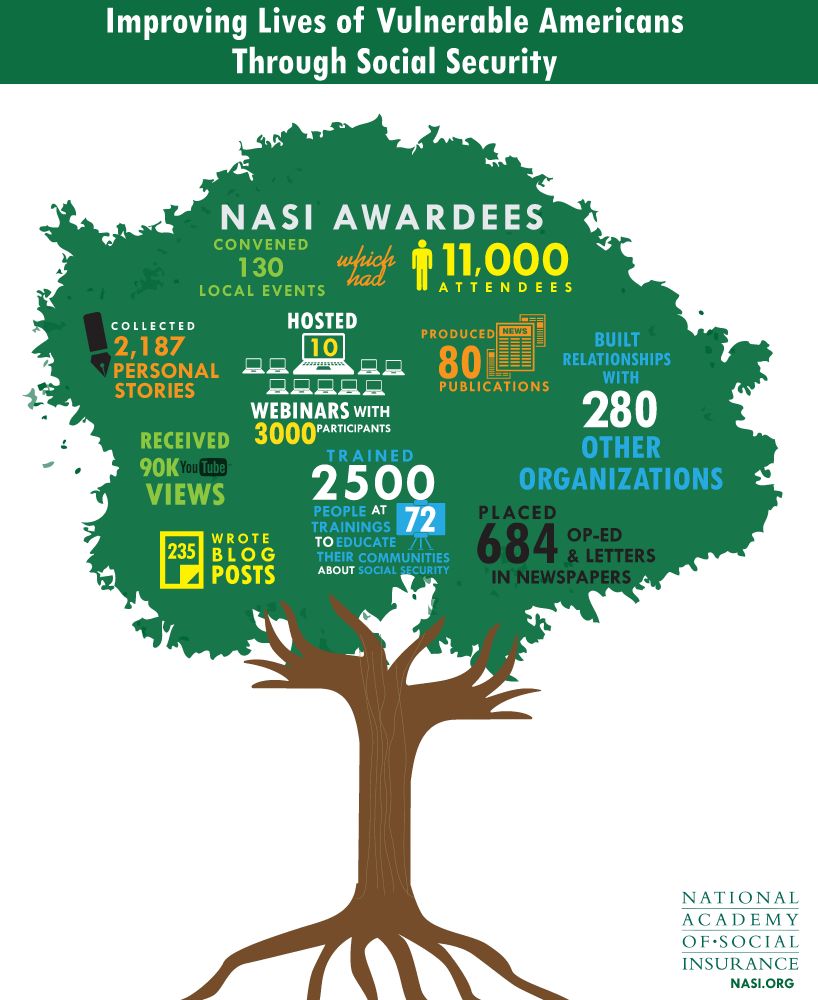
dddddddddddddddddd

